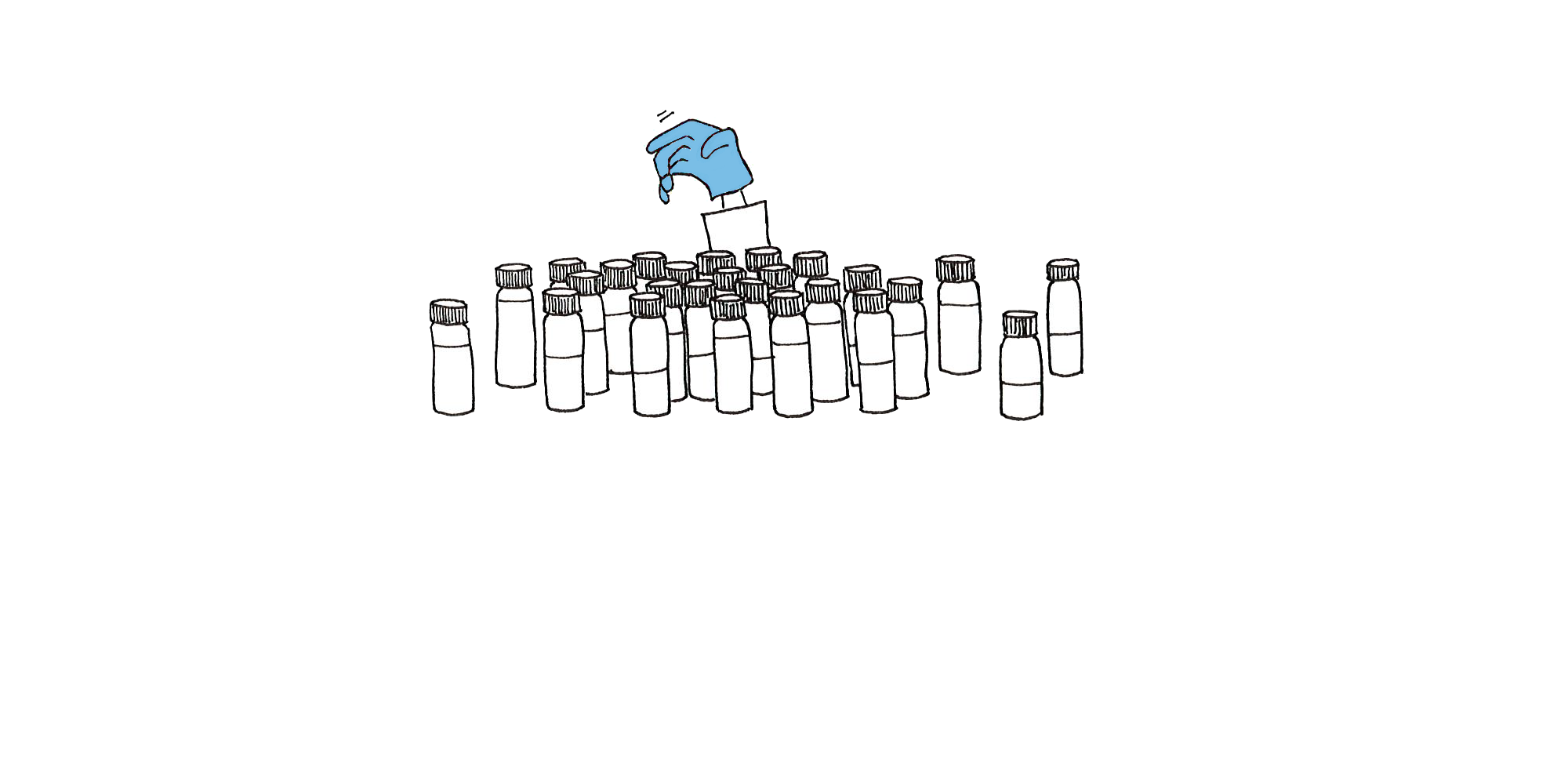For the last four months, my PhD has accumulated into wonderful experiences of “okay so that doesn’t work”.
Which is good, because every time one thing doesn’t work, there’s one thing less to discover that doesn’t work, getting you one step closer to the thing that does work.
So you have this recipe/procedure/protocol that you need to optimize, or get the best out of. You start off with rather good energies, thinking the most it will take you is, what, three weeks? It seems pretty simple. You’ll easily find the best way to do it in that much of time.
As you try on and on, you realize there are so many factors and parameters that are affecting the whole process. And to get to the best possible option, you will need to twiddle with all of those (ALL of those, one at a time. And then of course you have to make sure that once you are checking one factor, something else doesn’t meddle in and give you some kind of false positive or negative).
But…
… Do you even have all the options jotted down? There might be more. There must be something you are missing.
… What if option G was the best recipe? It did give some results but you probably went ahead trying H, I, J, K, L because you may discover something better (there might be no “better”, but you’ll need to find that out for yourself, now, won’t you?).
… Would “better” pass off as “best”? What even is meant by “best-possible recipe/procedure/protocol”? Is there a “better” than what you are considering “best”?
After everything, you end up with lots of data, most of which is just proof of how, mostly, it doesn’t work (if you are lucky, it may be otherwise). Obviously, there’s always a chance that nothing is going to work. And it might be some time before you realize that you need to change the whole game plan.
I mean, a PhD is like life in real time. So you want to learn about life, go get a PhD: It will teach you things in a couple years that you might take decades to learn otherwise.
